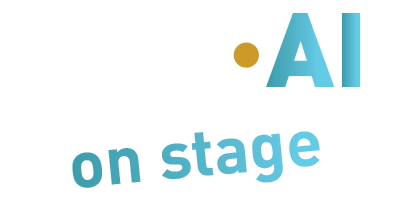

עובדות ועובדי פארק מתם
מה אתם עושים בימי שני
בשעה 16:00?
החל מחודש ינואר 2023 יקיים Tech.AI המרכז לבינה מלאכותית בטכניון, סדרת הרצאות שבועיות ע"י מיטב חוקרות וחוקרי הטכניון החברים
ב- Tech.AI, במתחם TECH & TALK החדש במתם. הפעילות מתקיימת במסגרת שיתוף פעולה בין הטכניון לבין פארק מתם.
אנחנו מזמינים אתכם להירשם לסדרת "Tech.AI on stage", אשר תאפשר לכם להכיר וללמוד הישר מחזית העשייה של הטכניון, לייצר ולהדק שיתופי פעולה עם חוקרי הטכניון, ולהקים יחד איתנו את קהילת הפארק.
בירות, פיצות ומצב רוח טוב עלינו
יום ב ׀ 13.2
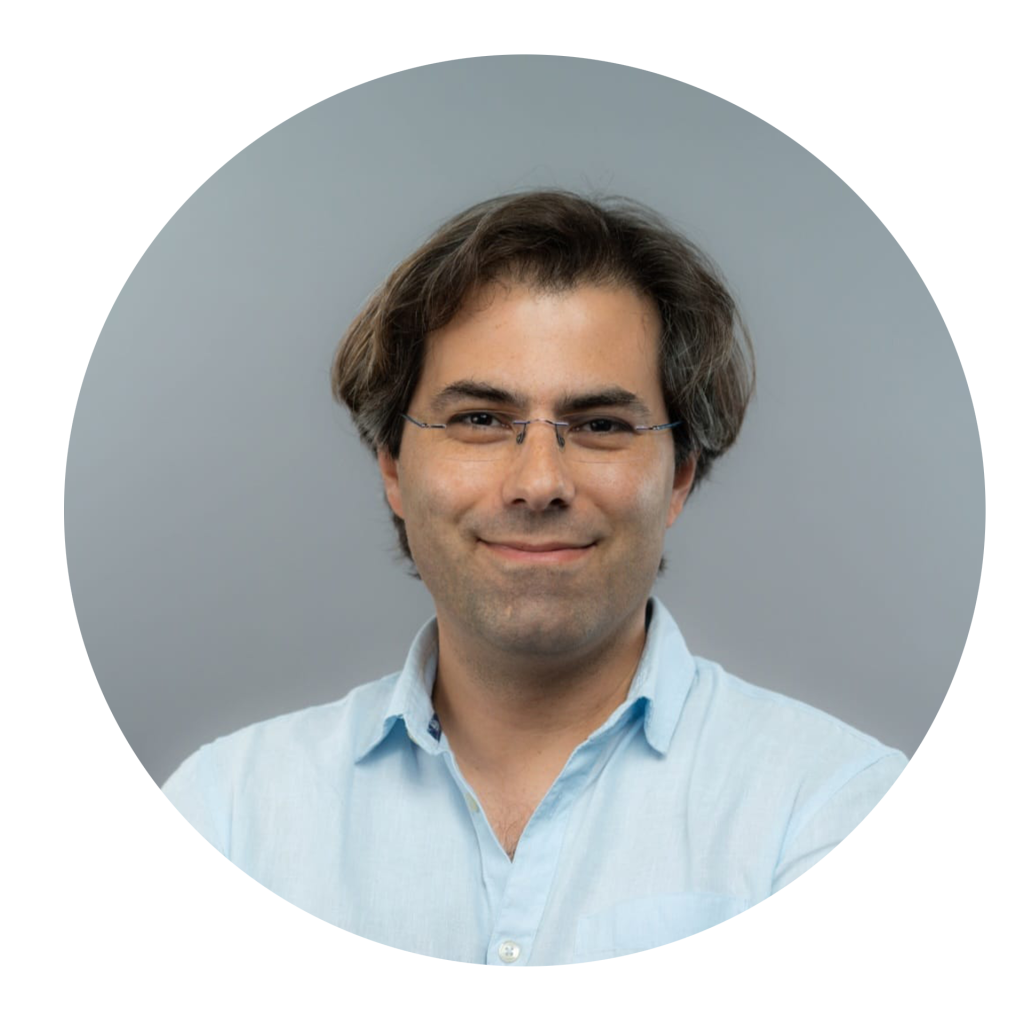
פרופ' דניאל סודרי, הפקולטה להנדסת חשמל
Abstract:
Training deep learning models typically works well in a very narrow regime. For example, changes to hyper-parameters, sample presentation order, or data formats can severely degrade performance — because of the algorithmic bias of the training algorithm. I will discuss how we can understand such phenomena and reduce these issues.
Bio: Daniel Soudry is an associate professor and Schmidt Career Advancement Chair in AI in the Electrical and Computer Engineering Department at the Technion, working in the areas of machine learning and neural networks. His recent works focus on resource efficiency and implicit bias in neural networks. He did his post-doc in the Department of Statistics and the Center for Theoretical Neuroscience at Columbia University, and his Ph.D. in the Electrical Engineering Department at the Technion. He is the recipient of the Gruss Lipper fellowship, the Goldberg Award, the ERC starting grant, and Intel's Rising Star Faculty Award.
יום ב ׀ 20.2
What are the challenges to analyze big biomedical data?
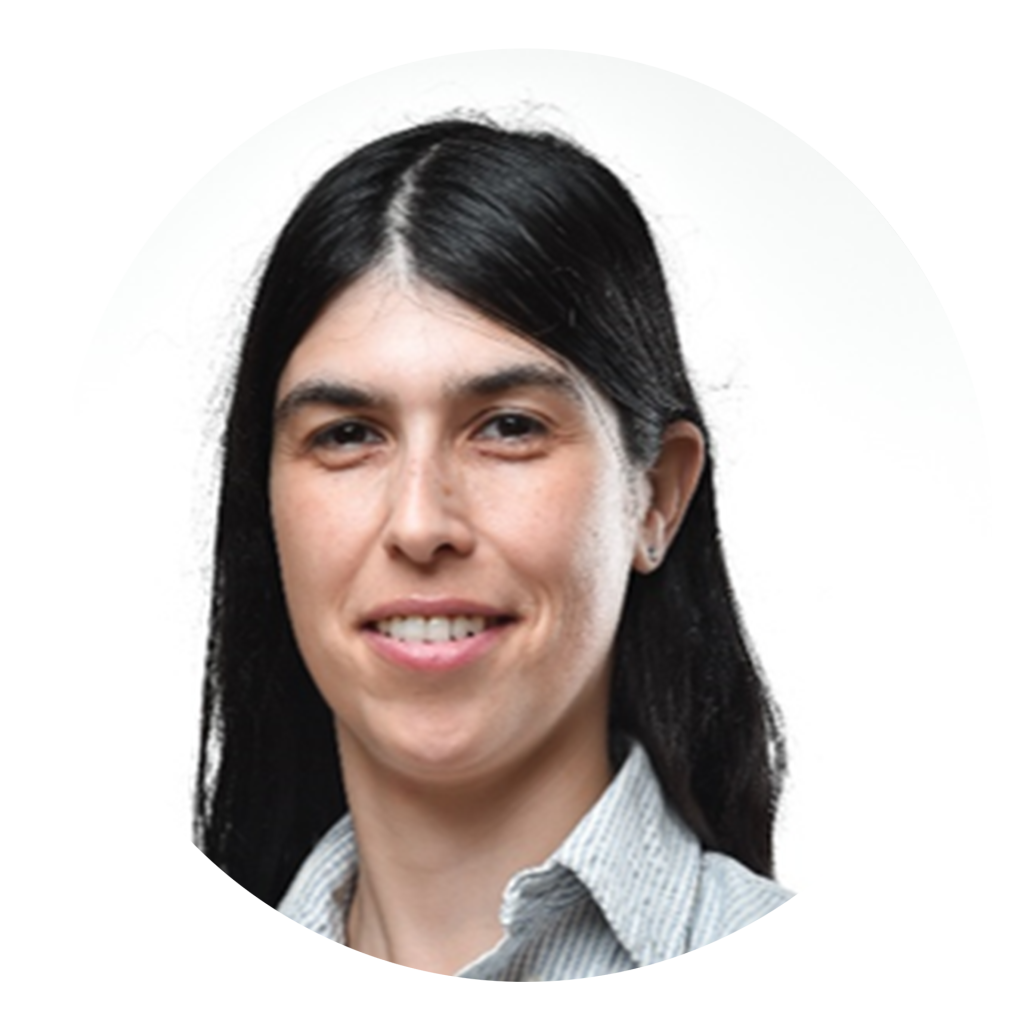
פרופ' יעל יניב, הפקולטה להנדסת ביורפואית
Abstract:
Despite their great promise, artificial intelligence (AI) systems have yet to become ubiquitous in the daily practice of medicine, largely due to several crucial unmet needs of healthcare practitioners. These include lack of explanations in clinically meaningful terms, handling the presence of unknown medical conditions, and transparency regarding the system's limitations, both in terms of statistical performance, as well as recognizing situations for which the system's predictions are irrelevant. Moreover, it is challenging to generate big biomedical data because it requires samples that are labeled which need human-labor. The data are generated in different formats and sometimes parts of the data are missing or include artifacts.
Short Bio:
Yael Yaniv is an Associate Professor at the Biomedical Engineering Faculty at the Technion – Israel Institute of Technology. Before joining the Technion, Yael was a postdoctoral fellow at the National Institute of Aging, NIH, US. Yael is a leader in the field of heart rate regulation research, specifically in sinoatrial and atrial functions. Her lab has unique expertise, ranging from in vitro and in vivo cardio-physiological modelling for exploration of molecular mechanisms to feature-based and data-driven machine learning methods and data analysis, together with translation of medical needs into mobile clinical tools. She has received a number of awards, including the International Union of Physiological Sciences Travel Award, Yanai Prize for Excellence in Academic Education, Hershel Rich Technion Innovation Award and Women’s Excellence in Scientific Research Award.
יום ב ׀ 13.3
Better Environments for Better AI

ד"ר שרה קרן, הפקולטה למדעי המחשב:
Abstract:
Most AI research focuses exclusively on the AI agent itself, i.e., given some input, what are the improvements to the agent’s reasoning that will yield the best possible output? In my research, I take a novel approach to increasing the capabilities of AI agents via the use of AI to design the environments in which they are intended to act. My methods identify the inherent capabilities and limitations of AI agents and find the best way to modify their environment in order to maximize performance.
I will describe research projects that vary in their design objective, in the AI methodologies that are applied for finding optimal designs, and in the real-world applications to which they correspond. One example is Goal Recognition Design (GRD), which seeks to modify environments to allow an observing agent to infer the goals of acting agents as soon as possible. A second is Helpful Information Sharing (HIS), which seeks to find the minimal information to reveal to a partially-informed robot in order to guarantee the robot’s goal can be achieved. I will also show how HIS can be used in a market of information, where robots can trade their knowledge about the environment and achieve an effective communication that allows them to jointly maximize their performance. The third, Design for Collaboration (DFC), considers an environment with multiple self-interested reinforcement learning agents and seeks ways to encourage them to collaborate effectively. Throughout the talk, I will discuss how the different frameworks fit within my overarching objective of using AI to promote effective multi-agent collaboration and to enhance the way robots and machines interact with humans.
Short Bio:
Sarah Keren is a senior lecturer (assistant professor) at the Taub Faculty of Computer Science at the Technion – Israel Institute of Technology. Before joining the Technion, Sarah was a postdoctoral fellow at Harvard University and Hebrew University of Jerusalem. She received her PhD from the Technion. Sarah’s research focuses on providing theoretical foundations for AI systems that are capable of effective collaboration with each other and with people. She has received a number of awards, including the ICAPS 2020 Best Dissertation Honorable Mention, the ICAPS 2014 Honorable Mention for Best Paper, the Eric and Wendy Schmidt Postdoctoral Award for Women in Mathematical and Computing Sciences, and the Weizmann Institute of Science National Postdoctoral Award for Advancing Women in Science
עובדות ועובדי פארק מתם
מה אתם עושים בימי שני בשעה 16:00?
החל מחודש ינואר 2023 יקיים Tech.AI המרכז לבינה מלאכותית בטכניון, סדרת הרצאות שבועיות ע"י מיטב חוקרות וחוקרי הטכניון החברים
ב- Tech.AI, במתחם TECH & TALK החדש במתם. הפעילות מתקיימת במסגרת שיתוף פעולה בין הטכניון לבין פארק מתם.
אנחנו מזמינים אתכם להירשם לסדרת "Tech.AI on stage", אשר תאפשר לכם להכיר וללמוד הישר מחזית העשייה של הטכניון, לייצר ולהדק שיתופי פעולה עם חוקרי הטכניון, ולהקים יחד איתנו את קהילת הפארק.
בירות, פיצות ומצב רוח טוב עלינו!
יום ב ׀ 13.2
Why is deep learning training so sensitive? On stability, catastrophic forgetting and resource-efficiency

פרופ' דניאל סודרי, הפקולטה להנדסת חשמל
Abstract:
Training deep learning models typically works well in a very narrow regime. For example, changes to hyper-parameters, sample presentation order, or data formats can severely degrade performance — because of the algorithmic bias of the training algorithm. I will discuss how we can understand such phenomena and reduce these issues.
Bio: Daniel Soudry is an associate professor and Schmidt Career Advancement Chair in AI in the Electrical and Computer Engineering Department at the Technion, working in the areas of machine learning and neural networks. His recent works focus on resource efficiency and implicit bias in neural networks. He did his post-doc in the Department of Statistics and the Center for Theoretical Neuroscience at Columbia University, and his Ph.D. in the Electrical Engineering Department at the Technion. He is the recipient of the Gruss Lipper fellowship, the Goldberg Award, the ERC starting grant, and Intel's Rising Star Faculty Award.
יום ב ׀ 20.2
What are the challenges to analyze big biomedical data?

פרופ' יעל יניב,
הפקולטה להנדסת ביורפואית
Abstract:
Despite their great promise, artificial intelligence (AI) systems have yet to become ubiquitous in the daily practice of medicine, largely due to several crucial unmet needs of healthcare practitioners. These include lack of explanations in clinically meaningful terms, handling the presence of unknown medical conditions, and transparency regarding the system's limitations, both in terms of statistical performance, as well as recognizing situations for which the system's predictions are irrelevant. Moreover, it is challenging to generate big biomedical data because it requires samples that are labeled which need human-labor. The data are generated in different formats and sometimes parts of the data are missing or include artifacts.
Short Bio:
Yael Yaniv is an Associate Professor at the Biomedical Engineering Faculty at the Technion – Israel Institute of Technology. Before joining the Technion, Yael was a postdoctoral fellow at the National Institute of Aging, NIH, US. Yael is a leader in the field of heart rate regulation research, specifically in sinoatrial and atrial functions. Her lab has unique expertise, ranging from in vitro and in vivo cardio-physiological modelling for exploration of molecular mechanisms to feature-based and data-driven machine learning methods and data analysis, together with translation of medical needs into mobile clinical tools. She has received a number of awards, including the International Union of Physiological Sciences Travel Award, Yanai Prize for Excellence in Academic Education, Hershel Rich Technion Innovation Award and Women’s Excellence in Scientific Research Award.
יום ב ׀ 13.3
Better Environments for Better AI

ד"ר שרה קרן, הפקולטה למדעי המחשב:
Abstract:
Most AI research focuses exclusively on the AI agent itself, i.e., given some input, what are the improvements to the agent’s reasoning that will yield the best possible output? In my research, I take a novel approach to increasing the capabilities of AI agents via the use of AI to design the environments in which they are intended to act. My methods identify the inherent capabilities and limitations of AI agents and find the best way to modify their environment in order to maximize performance.
I will describe research projects that vary in their design objective, in the AI methodologies that are applied for finding optimal designs, and in the real-world applications to which they correspond. One example is Goal Recognition Design (GRD), which seeks to modify environments to allow an observing agent to infer the goals of acting agents as soon as possible. A second is Helpful Information Sharing (HIS), which seeks to find the minimal information to reveal to a partially-informed robot in order to guarantee the robot’s goal can be achieved. I will also show how HIS can be used in a market of information, where robots can trade their knowledge about the environment and achieve an effective communication that allows them to jointly maximize their performance. The third, Design for Collaboration (DFC), considers an environment with multiple self-interested reinforcement learning agents and seeks ways to encourage them to collaborate effectively. Throughout the talk, I will discuss how the different frameworks fit within my overarching objective of using AI to promote effective multi-agent collaboration and to enhance the way robots and machines interact with humans.
Short Bio:
Sarah Keren is a senior lecturer (assistant professor) at the Taub Faculty of Computer Science at the Technion – Israel Institute of Technology. Before joining the Technion, Sarah was a postdoctoral fellow at Harvard University and Hebrew University of Jerusalem. She received her PhD from the Technion. Sarah’s research focuses on providing theoretical foundations for AI systems that are capable of effective collaboration with each other and with people. She has received a number of awards, including the ICAPS 2020 Best Dissertation Honorable Mention, the ICAPS 2014 Honorable Mention for Best Paper, the Eric and Wendy Schmidt Postdoctoral Award for Women in Mathematical and Computing Sciences, and the Weizmann Institute of Science National Postdoctoral Award for Advancing Women in Science
הרשמה להרצאות


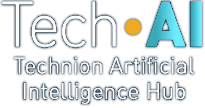
Why is deep learning training so sensitive? On stability, catastrophic forgetting and resource-efficiency